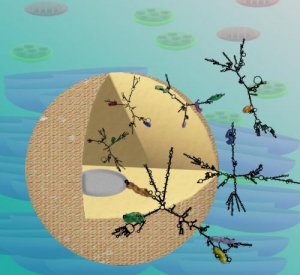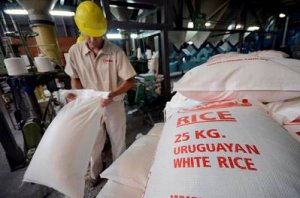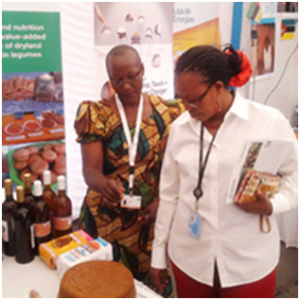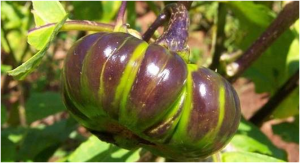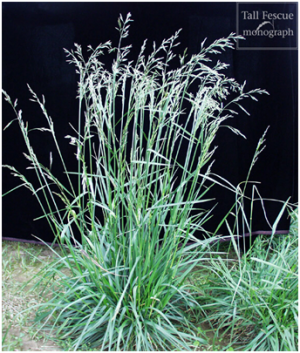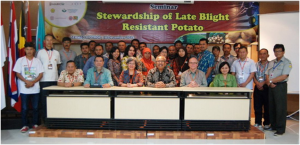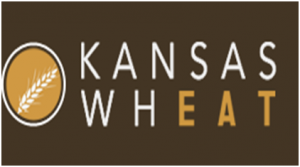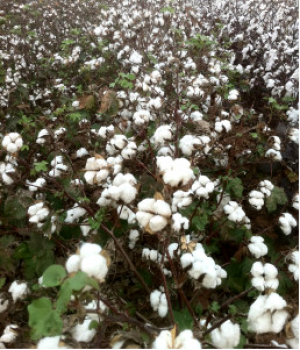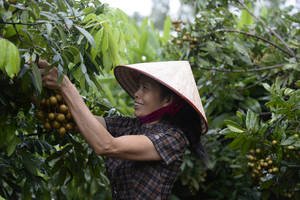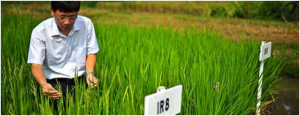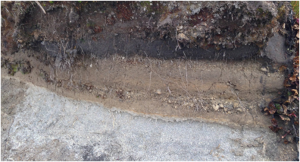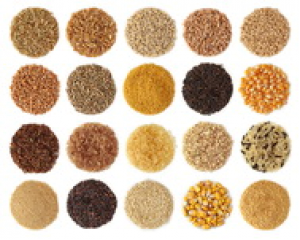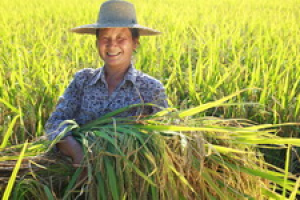|
Five methods to evaluate the potential impact of climate change on food and nutrition security
Thursday, 2017/06/08 | 07:54:05
|
|
Figure: Rural women from Guatemala working for a food and nutrition project. Photo: PAHO CGIAR NewsA new CCAFS paper discusses five methods to analyze the multiple dimensions in which climate change, agriculture and food and nutritional security are related.
One of the constant threats to food and nutritional security (FNS) is climate change. Exploring how this vulnerability manifests itself has been of interest to science, which has mainly focused on the interaction between these two events through agricultural production.
In this context, a new working paper discusses five methods to analyze the multiple dimensions in which climate change, agriculture and FNS are related. Since there is no recognized methodology in the scientific field as the only answer to evaluate the interaction between these three concepts, the document presents the different tools available to address the issue.
The first tool discussed includes food and nutrition scenarios that combine socio-economic and climate information to enable better planning of interventions and can be applied at different levels (global as sub-national). For the design of these scenarios, key stakeholders are consulted to identify focus areas, modelling the scenarios identified and the results are calibrated with existing experiences.
The data included reflect performance, production and aggregate demand while taking into account factors such as the availability and diversity of food, access to biofortification, water resources, governance and natural resources. This methodology was already implemented in Honduras to develop the strategy for adaptation to climate change. In all the calculated scenarios, it is observed that the production increases accompanied the demand, and therefore, the available calories.
The second methodology includes different models of regional and national food systems. These include the International Model for Policy Analysis of Agricultural Products and Trade (IMPACT) developed by the International Food Policy Research Institute (IFPRI). IMPACT combines different climate, hydrological, crop simulation, value chains, land use, nutrition, health and wellness models to identify opportunities and challenges for FNS and natural resources management. The model contains five components with different models and monthly information is available, allowing daily calibration up to 2050. ----------------------- |
|
|
|
[ Other News ]___________________________________________________
|


 Curently online :
Curently online :
 Total visitors :
Total visitors :
(21).png)
